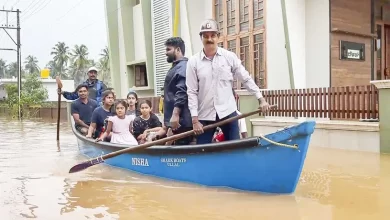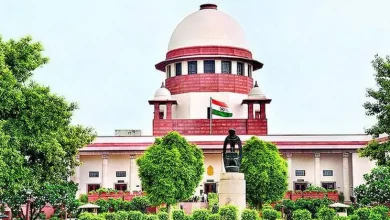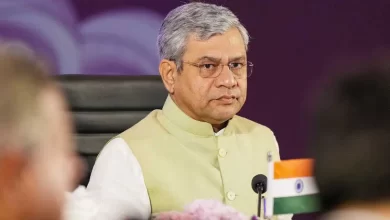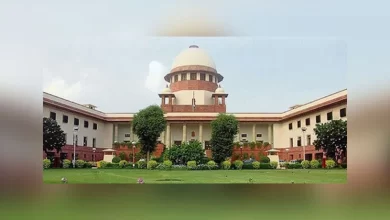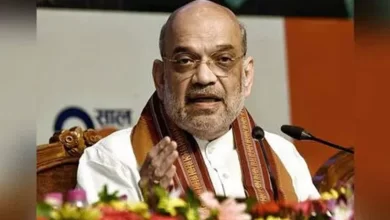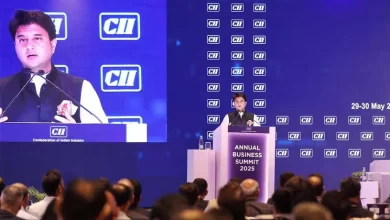Buying Russian gas not funding war? Jaishankar slams Europe criticism of Delhi-Moscow oil trade
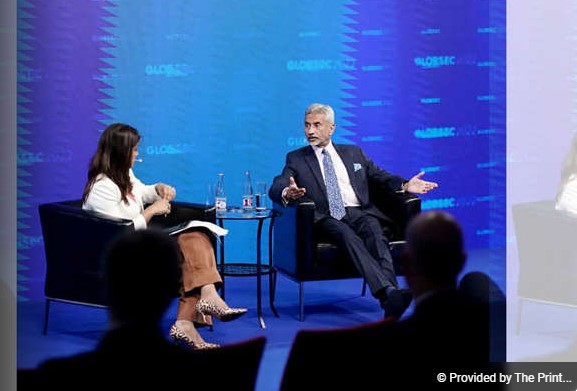
External Affairs Minister S. Jaishankar Friday slammed Europe for its constant criticism of India for purchasing Russian oil even as he questioned the US’ decision to not lift the sanctions on Iranian and Venezuelan oil.
Coming down heavily on Europe, Jaishankar said that India does not make foreign policy choices that are “cynical or transactional” in nature while alluding to India’s stand on the Russia-Ukraine war in the context of its relationship with China.
2008-18 Diesel Mercedes Drivers Must See This
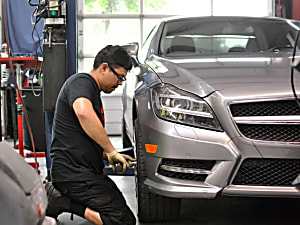
“Today, Europe is buying [Russian] oil, Europe is buying [Russian] gas…. The new package of sanctions (European sanctions on Russia) is designed in a way where consideration has been given to the welfare of its population…. People need to understand that if you can be considerate to yourself, surely you can be considerate to others,” Jaishankar said at the GlobSec 2022 Bratislava Forum.
“Is buying Russian gas not funding the war?” he asked. “It’s only Indian money and oil coming to India that funds it, but not the gas coming to Europe? Let’s be a little even handed out here.”
The minister is currently on a four-day trip to Slovakia and the Czech Republic.
Speaking about why India had to ban the export of wheat — allowing export only after approval from the Centre based on the request of the purchasing country’s government — despite promising to ship more in order to address the food security crisis getting accentuated due to the ongoing Russia-Ukraine war, Jaishankar said it was because New Delhi wanted poorer nations to procure it. Countries like Bangladesh, Sri Lanka, Nepal, Yemen, Sudan and the Gulf countries among others, who are traditional buyers of Indian wheat, were “squeezed out”.
‘Why not allow Iranian, Venezuelan oil to come into the market?’
“In terms of our oil purchases, we don’t send people out there saying ‘go buy Russian oil’. We just send people out there saying ‘go buy oil’. You buy the best oil you can in the market. I don’t think I will attach a political message to that,” Jaishankar said.
Defending the fact that India’s purchase of Russian oil has gone up nine times, Jaishankar said, it happened “due to a low base”.
“If countries in Europe and the West and the US are so concerned, why don’t they allow Iranian oil to come into the market? Why don’t they allow Venezuelan oil to come into the market? They have squeezed every other source of oil we had and now they say not to get the best deal for your own people. I don’t think that’s a fair approach,” he said.
Explaining India’s position and refuting claims that India is purchasing oil from Russia and selling to other countries, Jaishankar said, “There’s an enormous shortage of oil, there’s a physical shortage of oil. Getting access to oil is difficult.”
‘We are capable of managing our relations with China’
On India’s stance on the Russia-Ukraine war and its issues with China, Jaishankar came down heavily on Europe again, saying that New Delhi and Beijing can manage their bilateral relationship on their own.
Europe, he said, has been “singularly silent” on several issues concerning Asia, adding that India has condemned the Bucha killings [in Ukraine, allegedly by Russian armed forces in March 2022] and also asked for an investigation into the incident.
“We have not ignored it, unless you call phone-calls to (Russian President Vladimir) Putin and (Ukrainian President Volodymyr) Zelensky as ignoring something,” he said.
“We have a difficult relationship with China. We’re perfectly capable of managing it. If I get global understanding and support, obviously it will also help me. But this idea that I do a transaction, I come in conflict one because it will help in conflict two, that’s not how the world works,” he added. “A lot of our problems with China have nothing to do with Ukraine, have nothing to do with Russia.”
Jaishankar said that Europe must “grow out of the mindset that Europe’s problems are the world’s problems, but the world’s problems are not Europe’s problems”. “If it is you, it is yours, but if it is me, it is ours…. There is a link being made now between China and India and what’s happening in Ukraine.”
The world, he added, cannot be as “Euro-centric” as it was in the past. “The fact that today we have a grouping like the Quad [an informal strategic forum comprising India, the US, Australia and Japan] should tell you which direction we (India) are going. Even on Ukraine, surely, at some point, the conflict has to end…. A set of people will have to engage with the players. At that point, people will need us.”
He denied that what is happening between Russia and Ukraine can happen between India and China.
“The Chinese don’t need a precedent somewhere in the world on how to engage with us or not engage with us, how to be difficult with us or not be difficult with us. I just don’t see that as a very clever argument…. This is the construct you are trying to impose on me and I don’t accept it,” Jaishankar said.
“I don’t think it is necessary for me to join this axis…. I am one-fifth of the world’s population. I am the 5th or the 6th largest economy in the world…I think I am entitled to make my own choices and my choices will not be cynical or transactional but balance my interests,” he argued.
Responding to a question on India’s non-alignment policy, he said, “Honestly, I don’t see a non-alignment, (Russian) oil connection at all.”
Only exporting wheat to ‘deserving’ countries
On the issue of India’s ban on export of wheat, Jaishankar said: “I think people don’t understand because they are not actually tracking the trade…. We have been exporting wheat; typically, we export about 2-3 million tonnes.” He added that the exports had to be banned due to “speculations” about Indian wheat in the global markets.
He said India wanted to export more wheat in the wake of the Ukraine war, but “we then saw it was a kind of a run on our wheat (sic). A large part of it was done by international traders based out of Singapore and, to some degree, maybe Dubai”.
“Wheat was actually being stocked for being traded. In a way, our goodwill was being used for speculation. So, we had to do something to stop that because it was also impacting us at home, prices were going up,” he said, adding that India “banned the exports to not give speculators open access to the Indian market so that the Indian customer and the LDCs (least developed countries) get the short end of that.”
He stressed that India is continuing to export wheat, but only to “deserving” countries.
“What we saw happening with the vaccines, we don’t want to see that happening with wheat. Rich people got vaccinated while the poor were left to God,” he said.
(Edited by Zinnia Ray Chaudhuri)

